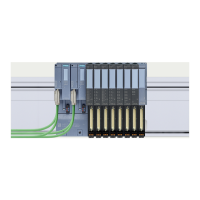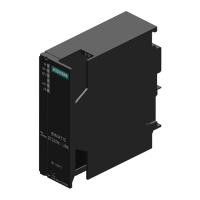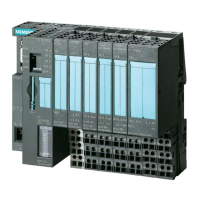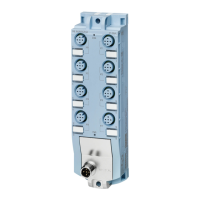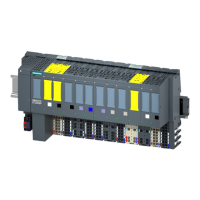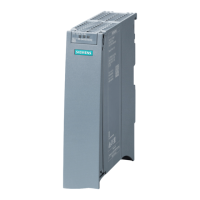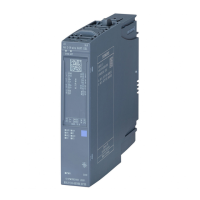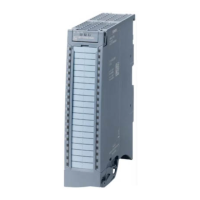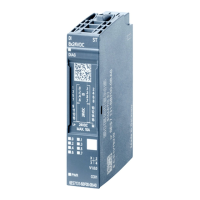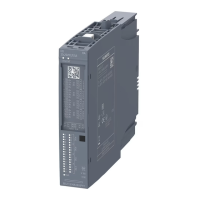Setting functions
8.8 Safe Torque Off (STO) safety function
SIMATIC ET 200pro FC-2 converter
162 Operating Instructions, 04/2015, FW V4.7.3, A5E34257324B AB
Your settings are now active.
p9700 = D0 hex
(factory setting: 0)
Starting the SI parameter copy function.
p9701 = DC hex
(factory setting: 0)
Confirm SI basic parameter change.
p0010 = 0
Drive commissioning parameter filter
0: Ready
p0971 = 1
1: Save the drive object (copy from RAM to ROM)
After the inverter has saved the parameters in a non-volatile fashion, then
Approval - completing commissioning
What is an acceptance?
The machine manufacturer is responsible in ensuring that his plant or machine functions
perfectly. As a consequence, after commissioning, the machine manufacturer must check
those functions or have them checked by specialist personnel, which represent an increased
risk of injury to personnel or material damage. This acceptance or validation is, for example,
also specified in the European machinery directive and essentially comprises two parts:
● Checking the safety-relevant functions and machine parts.
→
.
● Generate an "Acceptance report" that describes the test results.
→
.
Supply information for the validation, e.g. the harmonized European standards
EN ISO 13849-1 and EN ISO 13849-2.
Acceptance test of the machine or plant
The acceptance test checks whether the safety-relevant functions in the plant or machine
function correctly. The documentation of the components used in the safety functions can
also provide information about the necessary tests.
Testing the safety-related functions includes e.g. the following:
● Are all safety equipment such as protective door monitoring devices, light barriers or
emergency-off switches connected and ready for operation?
● Does the higher-level control respond as expected to the safety-relevant feedback signals
of the inverter?
● Do the inverter settings match the configured safety-relevant function in the machine?
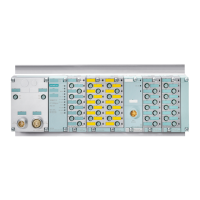
